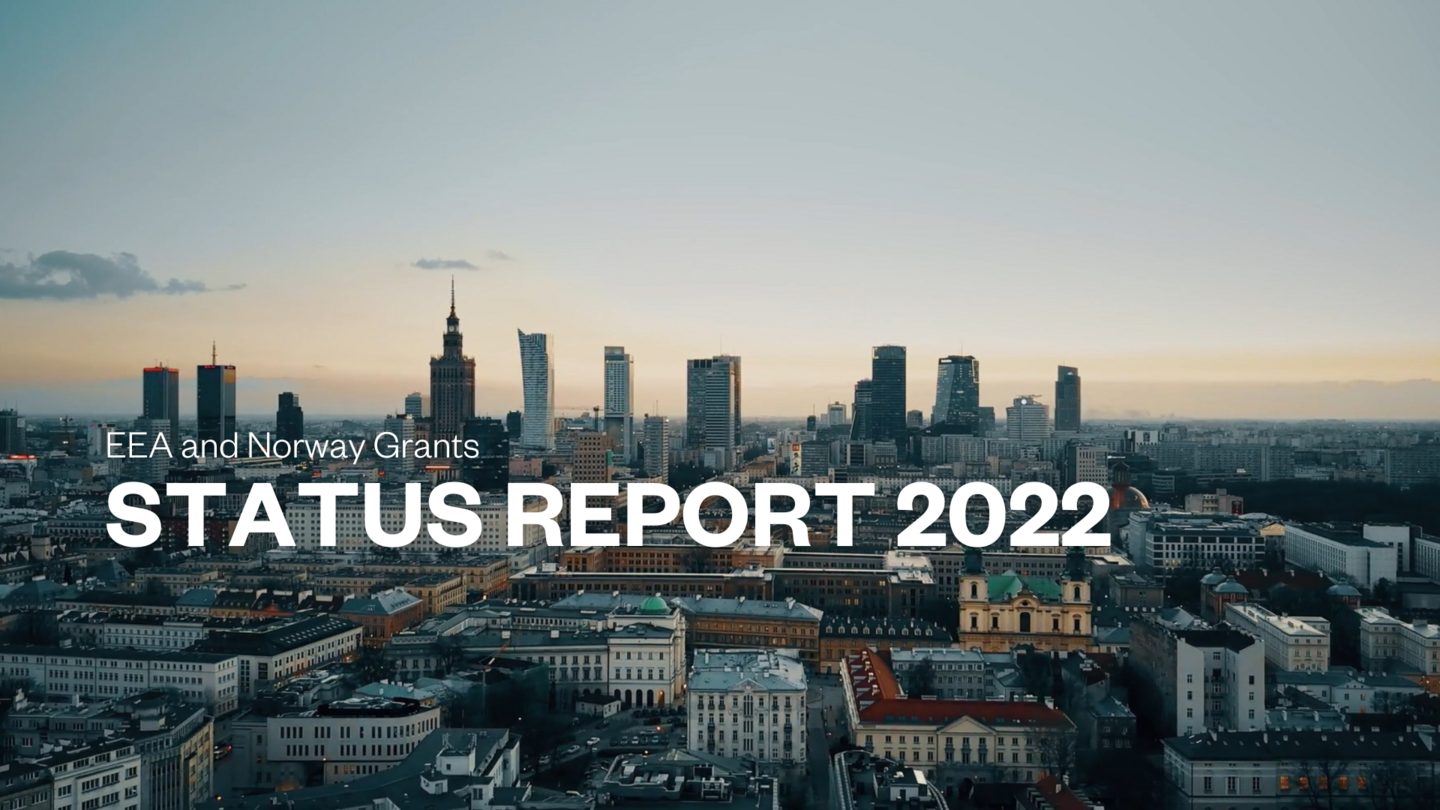The EEA and Norway Grants represent Iceland, Liechtenstein and Norway’s commitment to stimulating a more sustainable and inclusive growth in Europe, promoting bilateral cooperation and tackling shared challenges. This report highlights how the Donor States’ contributions help to build a better future by making Europe greener, more competitive and more inclusive:
 Green Europe
Green Europe
Europe faces significant challenges from climate change, environmental degradation, and insufficient sustainable energy. The European Green Deal aims to make the EU the first climate-neutral continent by 2050, requiring systemic transformations and substantial investments. The EEA and Norway Grants fund projects that promote a greener Europe, ensuring compliance with EU environmental standards, fast-tracking clean energy technology, and promoting energy-efficient solutions.
Competitive Europe
Europe is accelerating its green transition amidst the COVID-19 pandemic recovery, the ongoing war in Ukraine, and new challenges like price increases and supply chain disruptions. The EEA and Norway Grants support private enterprises, research institutions, and higher education to foster sustainable growth and competitiveness. The Grants contribute to EU’s sustainable growth goals by bridging funding gaps and building research and innovation capacity in the Beneficiary States.
Inclusive Europe
The Russian invasion of Ukraine in 2022 has significantly impacted lives and exacerbated existing inequalities in Europe, highlighting the need for a more inclusive society. The EEA and Norway Grants are committed to fostering inclusivity, with over €1 billion provided to projects in priority sectors such as social inclusion, culture, civil society, and justice. These initiatives build capacity and accountability of institutions and help empower vulnerable groups. Despite not being an emergency support mechanism, the Grants have quickly channelled €13 million to address the refugee crisis caused by the war, supporting civil society organisations in Beneficiary States.
Read the full report right here
